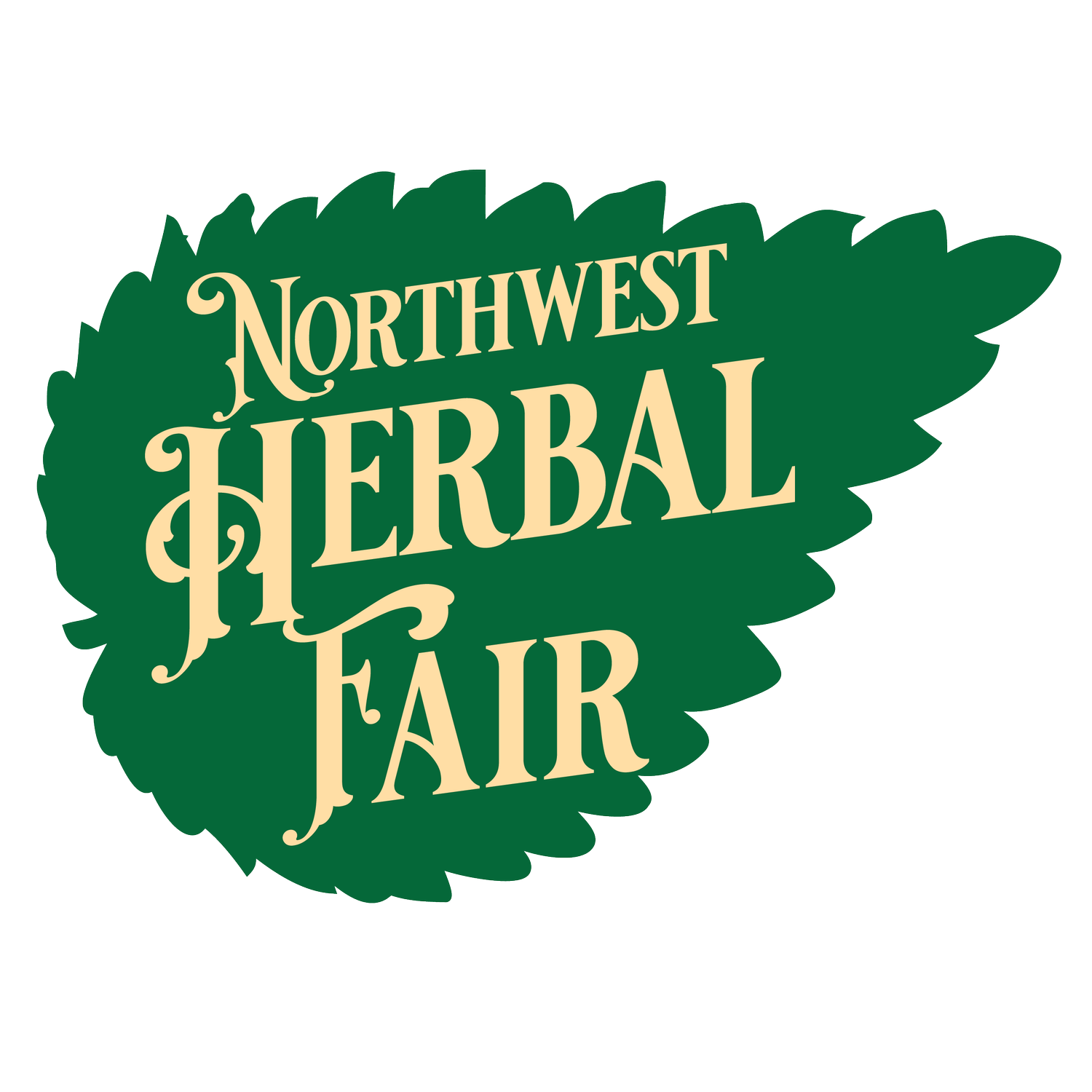Cultural Perspectives at the Northwest Herbal Fair
Traditional herbal knowledge holds great treasures. Although much has been lost, thousands of tribes and cultures across the world are still caretaking their herbal knowledge. Many of them are still experiencing repression, racism, and injustices. What can we do to support them?
A diversity of cultural perspectives will be offered at the Northwest Herbal Fair. Herbalism has many faces, with each culture having its own brand of herbalism. Cultures have always exchanged plant knowledge, and herbalism is a living science, always evolving. The NWHF offers a peek into the vast world of herbal knowledge. The Pacific Northwest herbal community is diverse and involves many cultures and cultural influences.
Pacific Northwest Native tribal cultures are diverse and vibrant. Much gratitude to them (past, present, and future) for their careful stewardship of their lands and waters.
There is now a large contingent of people practicing traditional Chinese medicine.
As people move to the Northwest from other parts of the world, they bring their cultural herbal knowledge and practitioners: Mexico, Somalia, Ethiopia, Philippines, India, Hmong, etc.
The Northwest has a large herbal community that is part of the herbal renaissance that started in the 1970s in Western cultures, predominantly in the United States. Led by people like Rosemary Gladstar, David Winston, Michael Moore, and hundreds of others, this renaissance has been growing and evolving for 50 years. Herbal gatherings like the Northwest Herbal Fair are great places to experience the state of the herbal movement and to build friendships and interconnections. We acknowledge that the Northwest Herbal Fair is predominantly attended by people from this Western herbal renaissance, but all cultures and traditions are welcome. We realize that some tribes and cultures like to keep their herbal knowledge within their own cultures, and we respect that. We would like to see more diversity at our Herbal Fair and invite you all to bring herbal people from other cultures to attend and participate. We all have something to contribute. Western herbalism has many great things going for it, but it could also use some decolonization.
Here are some of the cultural influences that will be at the 2024 Northwest Herbal Fair:
Peter Lundeen and Mary Schroeder: Bringing Chinese cultural herbal viewpoints to our mix.
Sarah Kruse and Kael Balizer: Bringing Ayurvedic viewpoints.
Zoe Allegra Ho: Bringing Amazonian herbal perspectives.
Khulan Enkhtaivan: Bringing Mongolian viewpoints. “I can exchange some Asian medicinal plants' herbal benefits and usage. I also want to learn Western herbalism and introduce it to my Asian community.”
Charles Garcia: Bringing Hispanic herbalism from the California School of Hispanic Herbalism. Charles is a third-generation California Hispanic curandero now practicing and teaching in the San Francisco East Bay area. “One of my talks will explain the many types of curanderismo throughout the Hispanic world. It differs from culture to culture.”
Morgan Brown: A Tsimshian mother, auntie, sister, and daughter. She is currently the environmental education coordinator for the Swinomish tribe. “I teach our 'Between Two Worlds' indigenous science program to tribal youth in the public school.” One of her topics is “decolonization within traditional Western-oriented herbal communities.”
Montana Honeylion: A mixed Ilokano Filipino, Cherokee & Choctaw Native, and European herbalist, mama, and creator of Warrior Peak Botanicals, who resides on Suquamish land in Indianola, Washington.
Paul Chiyokten Wagner: From the Saanich First Nations, historically from the southeast corner of Vancouver Island. He is the founder of the organization Protectors of the Salish Sea. Chiyokten has spoken eloquently at past Northwest Herbal Fairs. He will be one of our keynote speakers in 2024.
Laurie Lava-Books: A member of the Karuk Nation in Northern California. They have been practicing the herbal arts for 35 years and were the birth mother of Clary Sage Herbarium in Portland, OR. Their most recent work is a home-based wholesale/retail business called Two Spirit Medicinals. Laurie will be leading a Gratitude Talking Circle for youth ages 11-18.
Nancy Turner: A Distinguished Professor Emerita in Environmental Studies at the University of Victoria. Although not a First Nations person, Nancy is steeped in the wisdom and knowledge of the indigenous people of the Pacific Northwest. She is an ethnobotanist who has worked with Indigenous elders and cultural specialists in western Canada for over 50 years, learning about traditional knowledge of plants and environments.
If we did a poll of all participants, we would find perspectives and knowledge from many dozens of cultures and tribes. Everyone has something to contribute. Let us treat each other with the highest respect as a culturally diverse herbal community.
In the past there has been an Indigenous/BIPOC caucus held at the Fair as well as a shared Indigenous/BIPOC lounge and outreach booth - we are hoping such a thing will happen again but have yet to find the right person to coordinate and manage this. We are actively seeking such a person and would welcome any offerings along these lines, so if you are interested, experienced and motivated to help us with this, please contact us.
Herbal best wishes to all,
~ Michael Pilarski
